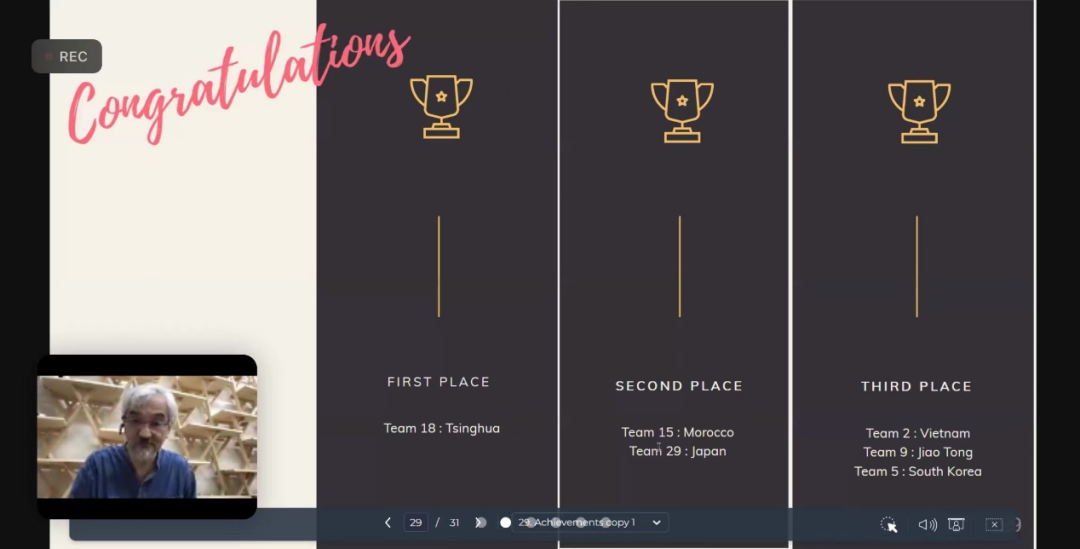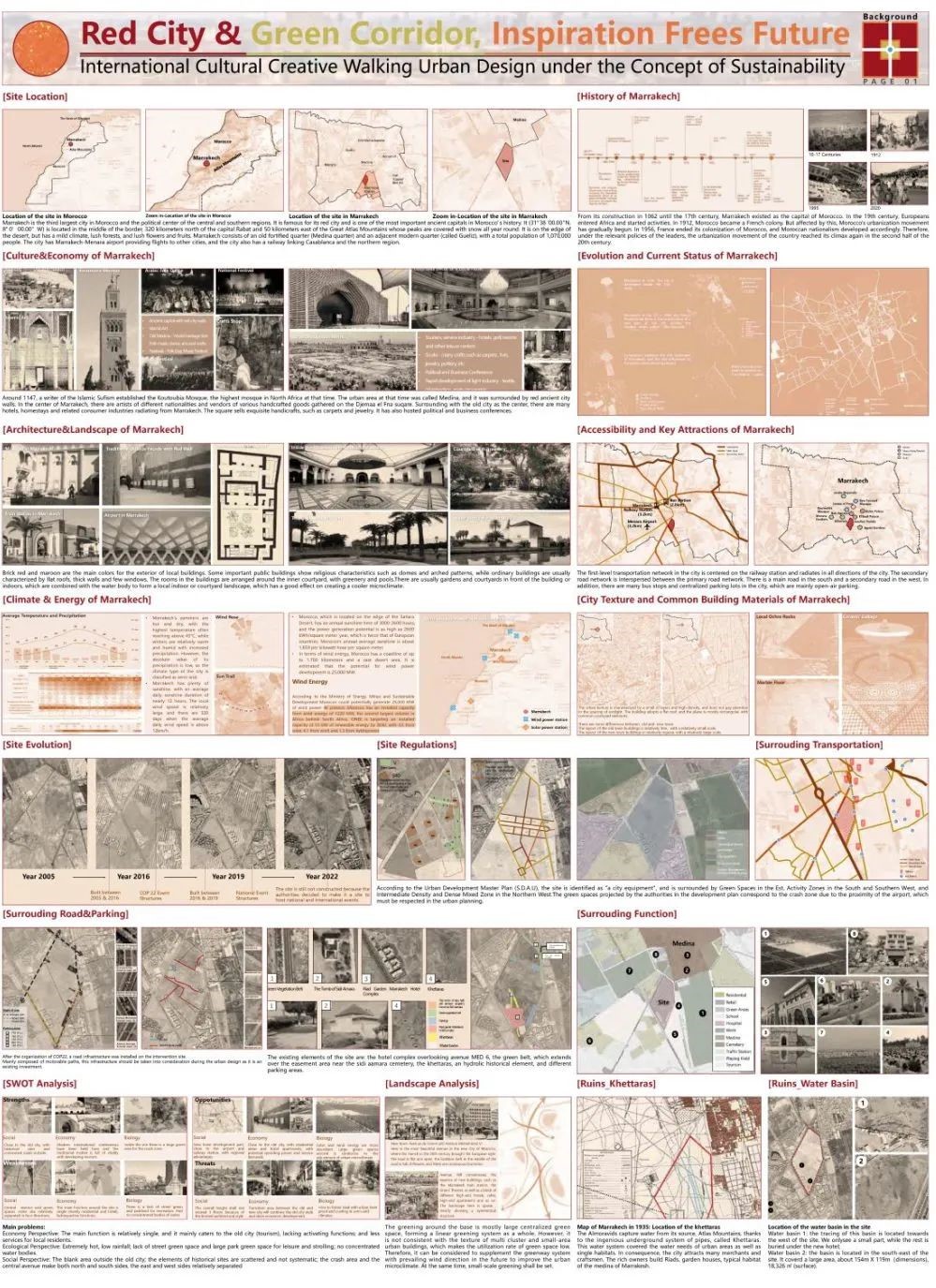A team of our the School of Design’s graduate students had their project selected for the final review out of more than 30 teams of international students, and in the end came home with Third Prize.
The students LUO Lan, LIU Xiaoqin, KANG Mengyuan and Fahimeh Pourkarim Arabi from the School of Design, Shanghai Jiao Tong University were supervised by associate professor LYU Aimin, teaching fellow LIU Ruifeng, and associate professor LAI Dayi.

The AIAC International Architecture Competition is an internationally renowned architecture competition for students in architecture. Established in 2000, the AIAC International Architecture Competition has been successfully held for 22 years. It is an international architecture academic organization that organizes academic exchanges and interactions among international universities in the field of architecture and construction methods by means of international competitions. At present, more than 20 world-class architecture schools from nearly 20 countries including France, Italy, Germany, Spain, Belgium, China, South Korea, Japan, Canada, the United States, New Zealand, Cuba, Colombia, Peru, Malaysia, Vietnam, India and more have participated in the AIAC International Architecture Competition.
The National School of Architecture of Marrakech, representing Morocco held the final session of the AIAC competition this year. The location of the site in Marrakesh’s downtown required sustaining an organic connection to the old city while also considering future urban development. The characteristics of culture, the preservation of history and the development of the future all brought inherent challenges to the project. This time, unlike previous competitions, students were not only able to provide solutions at the architectural level, but first presented research and inquiries at the scale of the city, and then selected plots in the urban framework built by themselves to complete the design of a single building. This requires multi-dimensional thinking and proposals that spans between the city and architectural levels, and between the area of construction and sustainable development. Hence the problems requiring solutions and relevant workloads increased greatly. At the same time, the difficulties presented by Covid needed to be considered.
The proposal from Shanghai Jiao Tong University fully considered the transition and connection between the old city and the new city from the aspects of culture, industry, transportation and landscape. Through a street space imbued with local characteristics, a new urban block for cultural creativity was created, promoting the development of the new district through an industrial base for tourism in the old city. Through the example of a single building, they then tried to create a low-energy and environment-friendly building that satisfied new patterns of behavior and local cultural characteristics in the district. What is worth mentioning here is that in the whole design process, regardless of the urban scale and architectural scales addressed, the study of methods for sustainable development and technical means for solving such challenges was crucial to the project, providing solid support to the design overall.


